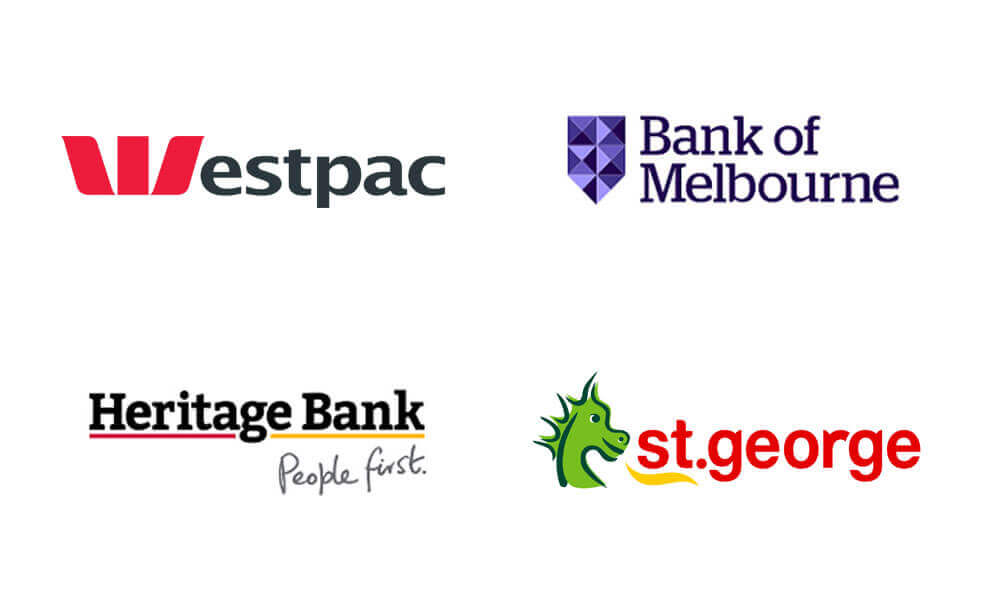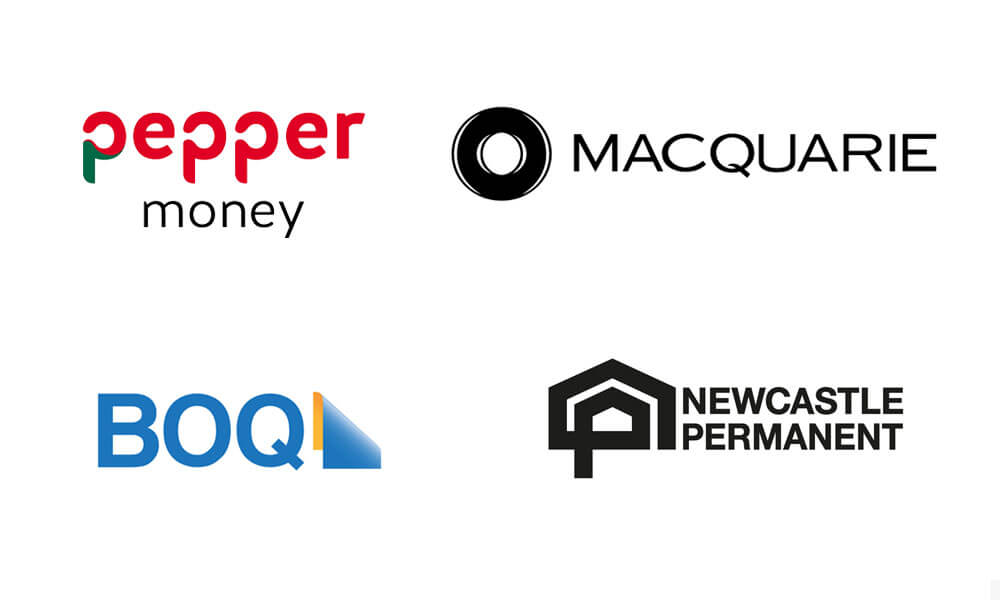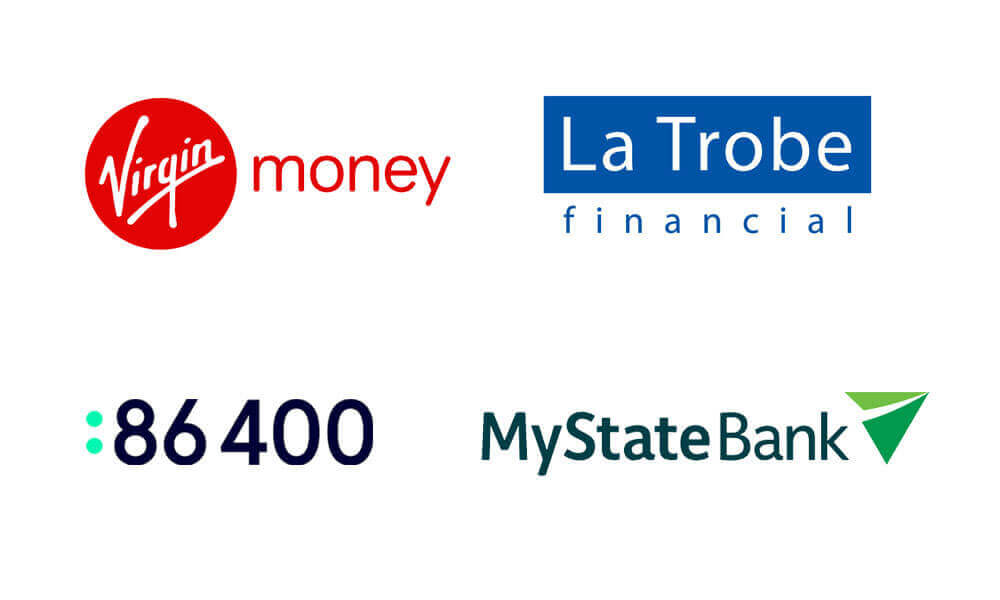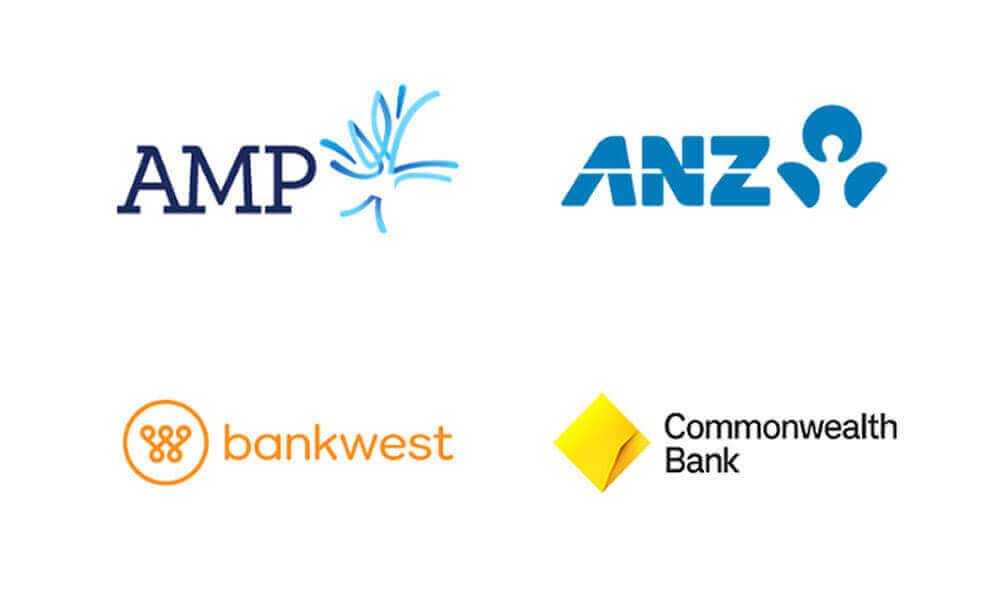
Give your home loan a health check in 2021
When you took out your home loan with 1st Street, we would have ensured you…

Buying property outside your home state or territory can unlock exciting opportunities. From tapping into more affordable markets to accessing stronger rental yields and spreading risk across regions, there are plenty of reasons to expand your search.


But investing interstate isn’t something to dive into blindly — it calls for solid planning, local insight and the right financial backing.
Before you start scrolling through listings, clarify what you want from the investment. Are you aiming for steady rental returns, long-term capital growth, or flexible cash flow? Your goals will help shape your choices around location, property type and loan structure.
If you’re unsure, I can outline the common finance options and point you toward resources or licensed advice to help with your decision.
Many investors fund their next purchase by leveraging equity in an existing home or investment property. In some cases, you may be able to borrow up to 80% of your property’s value (minus any loan balance).
Don’t forget to factor in extra costs, which vary from state to state. These may include stamp duty, legal and conveyancing fees, pest and building inspections, insurance, property management, maintenance and repayments.
Getting pre-approval early is smart — it gives you a clear budget, boosts your confidence and shows sellers you’re ready to act.
Not all loans work the same way. Depending on your circumstances, you might benefit from features such as interest-only repayments, redraw facilities, or offset accounts. Choosing the right setup can make it easier to manage repayments, reduce costs and stay flexible.
As a Mortgage Broker, I can compare options and help tailor a structure that matches your investment strategy.
A low purchase price doesn’t always mean a smart buy. Take time to understand the local market: vacancy rates, rental demand, population growth, transport access, schools, job hubs and infrastructure projects.
Look for areas with strong long-term prospects and review suburb reports and council development plans. If you’re not familiar with the area, a Buyer’s Agent can add value by providing local insights, handling negotiations and even uncovering off-market properties.
Managing a property from a distance means relying on trustworthy professionals. A reliable property manager will take care of tenants, inspections, maintenance and compliance.
You’ll also need a conveyancer or solicitor familiar with local laws, plus qualified inspectors to check the property before purchase — especially useful if you can’t attend in person.
Each state and territory has its own approach to property transactions. Contract terms, cooling-off periods, settlement timelines and auction rules can all differ. Make sure you know what to expect before you commit.
If travel isn’t possible, use virtual inspections, video walkthroughs and independent building reports to stay informed.
After settlement, keep an eye on your property’s performance. Track rental income, expenses and shifts in the local market. As values and demand change, you may find opportunities to expand your portfolio.
Think ahead about how long you plan to hold the property and what might trigger a sale. It’s also wise to discuss exit strategies with your accountant or tax adviser before you buy.
Ready to explore interstate opportunities?
If you’d like help with pre-approval, understanding your borrowing power, or structuring finance for an investment purchase, feel free to reach out. I can guide you through the process and help you move forward with confidence.

When you took out your home loan with 1st Street, we would have ensured you…

You’ve just purchased an investment property (go you!), so what comes next? It’s time to…
We can help get you into your new home.
We’ve worked with clients across Australia to access the different first home owner grants (FHOG) as well as the various stamp duty and other concessions that may be available depending on which state you are in. We can talk you through your various options as well as helping you compare things like buying vacant land vs. an established home.
Use our online calculators to work out how much you can borrow, loan repayments, stamp duty and lots more.






